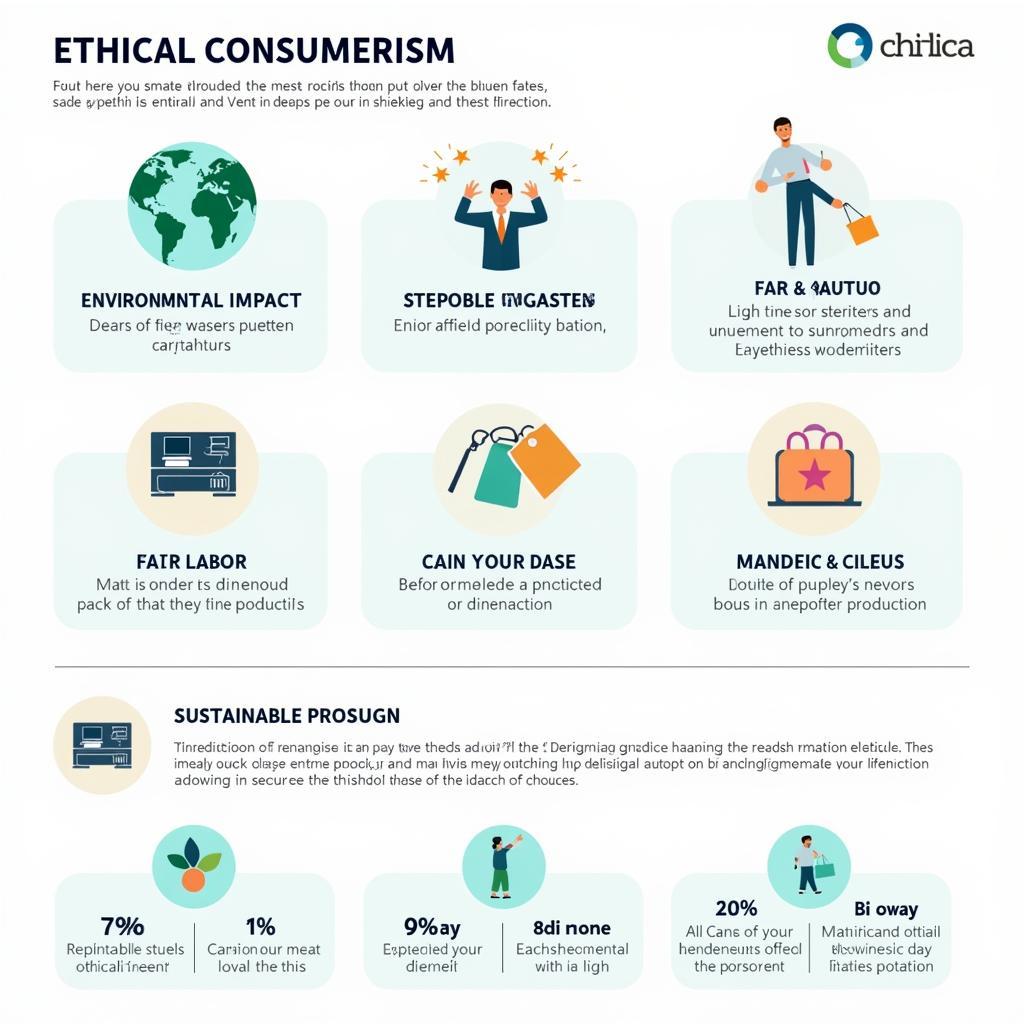The topic of ethical consumerism has become increasingly prevalent in IELTS Writing Task 2 examinations over the past decade. Based on analysis of recent test papers, questions related to conscious consumption and ethical business practices appear approximately once every 3-4 months, making it a high-priority topic for IELTS candidates. Let’s examine some actual test questions that have appeared in recent years.
How to promote ethical consumerism in a globalized world is becoming increasingly important as consumers become more aware of their purchasing decisions’ impact.
Analysis of Question Type and Requirements
Some people believe that consumers should avoid buying products from companies that cause environmental damage or exploit workers. Others say that consumers cannot know whether products are made ethically. Discuss both views and give your own opinion.
This question requires candidates to:
- Discuss two contrasting perspectives on ethical consumerism
- Evaluate the practicality of ethical consumption
- Present and justify their own viewpoint
- Provide relevant examples and supporting evidence
Sample Essay 1 (Band 8.0)
The debate over consumers’ responsibility in supporting ethical business practices has gained significant attention. While some advocate for boycotting companies with poor environmental and labor records, others argue that determining product ethics is beyond consumer capability. I believe that while perfect information is impossible, consumers can and should make informed choices within their means.
Those supporting consumer activism argue that purchasing power can drive positive change. When consumers deliberately avoid products from companies known for environmental destruction or worker exploitation, it creates financial pressure for businesses to improve their practices. For instance, numerous clothing brands have improved their factory conditions after consumer boycotts highlighted poor working conditions. Additionally, the success of eco-friendly and fair-trade products demonstrates how consumer choices can support ethical business models.
The ethical considerations of animal rights and environmental protection have led many consumers to seek more sustainable alternatives. However, critics rightfully point out the challenges in verifying product ethics. Supply chains are often complex and opaque, making it difficult to trace product origins and manufacturing conditions. Furthermore, companies may engage in “greenwashing” – presenting themselves as more environmentally conscious than they actually are.
In my view, while perfect ethical consumption may be unattainable, consumers should strive to make informed decisions based on available information. How to promote ethical business practices in a global market demonstrates that collective consumer action can influence corporate behavior. Independent certification systems, investigative journalism, and consumer advocacy groups provide reliable information for making ethical choices. Moreover, even imperfect efforts toward ethical consumption can gradually drive market transformation.

Sample Essay 2 (Band 6.5)
Nowadays, many people think about buying products from good companies. Some say we should not buy from bad companies that harm environment or workers. Others think it is hard to know if products are made in good way. I will discuss both sides and give my opinion.
First, some people think we should avoid bad companies. When we don’t buy their products, they lose money and must change. For example, some big companies now use better factories because people stopped buying their clothes. Also, when we buy good products like organic food, we help good companies grow bigger.
But other people say it is very difficult to know about companies. Many products come from different places and we cannot check everything. Also, some companies lie about being green or good to workers. This makes it hard for normal people to choose right products.
I think both sides have good points, but we should try our best to buy good products. We can read news and labels to learn about companies. Even if we cannot be perfect, small actions can help make things better. If more people try to buy good products, companies will have to change their ways.
Key Vocabulary and Phrases
- ethical consumption (n) /ˈeθɪkəl kənˈsʌmpʃən/ – the practice of purchasing products that are not harmful to the environment or society
- boycott (v) /ˈbɔɪkɒt/ – to stop buying or using something as a form of protest
- greenwashing (n) /ˈgriːnwɒʃɪŋ/ – the practice of making misleading environmental claims
- supply chain (n) /səˈplaɪ tʃeɪn/ – the network between a company and its suppliers
- certification system (n) /ˌsɜːtɪfɪˈkeɪʃən ˈsɪstəm/ – official confirmation of certain characteristics of an object, person, or organization
Conclusion
The topic of ethical consumerism remains crucial for IELTS candidates to master. Future test questions might explore related themes such as:
- The role of government regulation in ensuring ethical business practices
- The balance between affordability and ethical consumption
- The impact of social media on consumer awareness
Practice writing your own response to the sample question above and share it in the comments section for feedback and discussion.